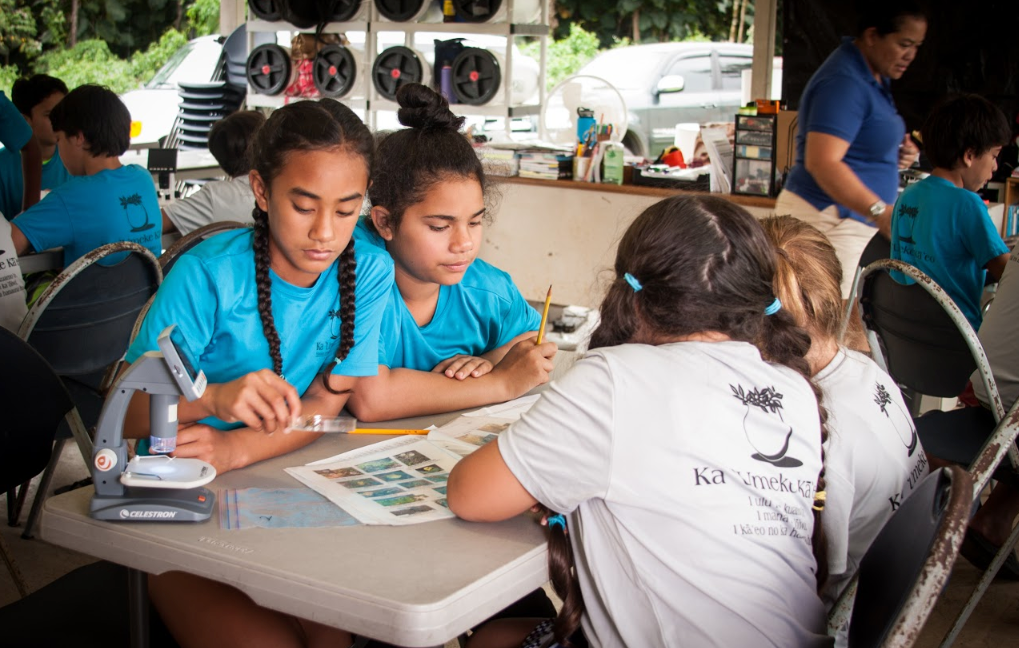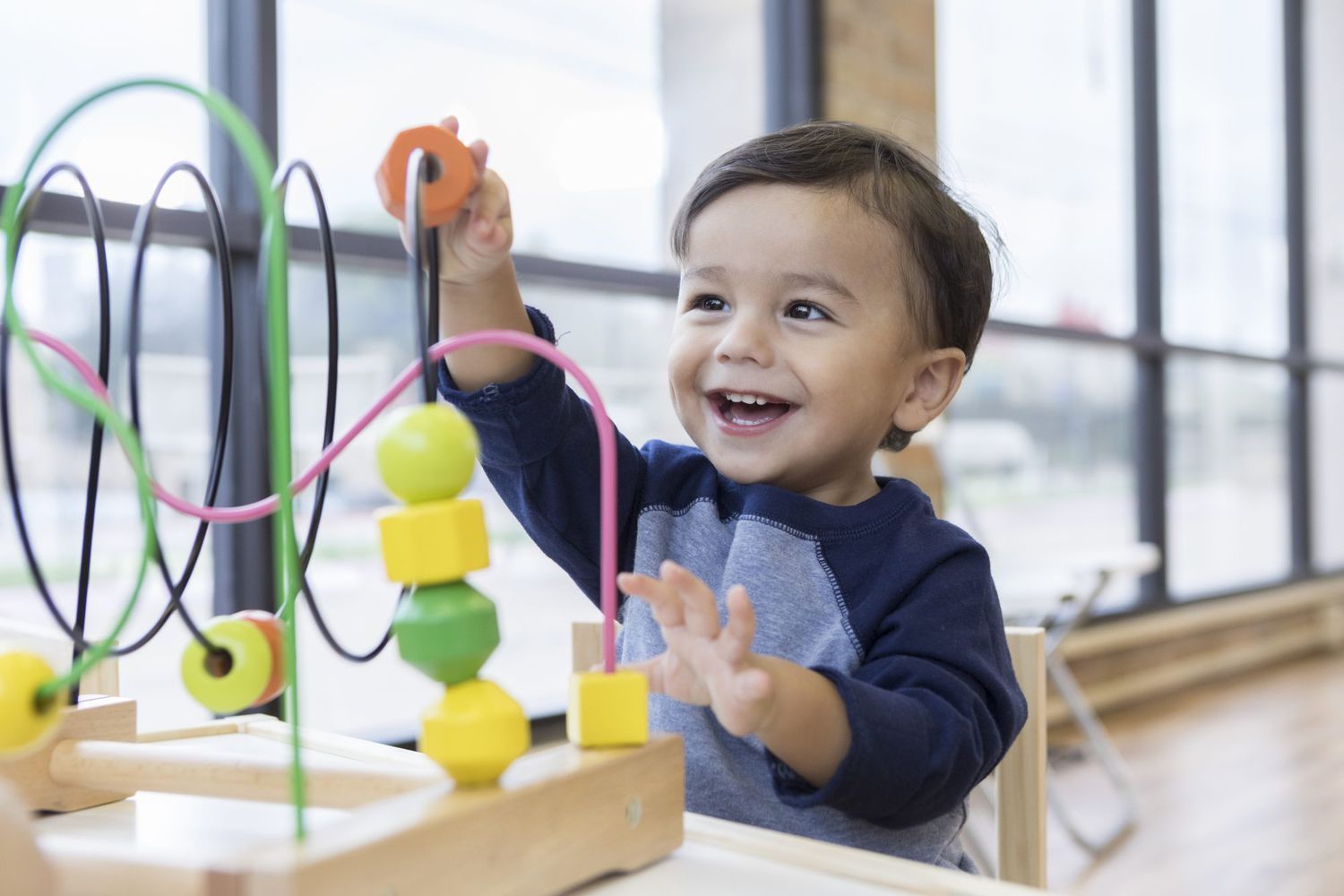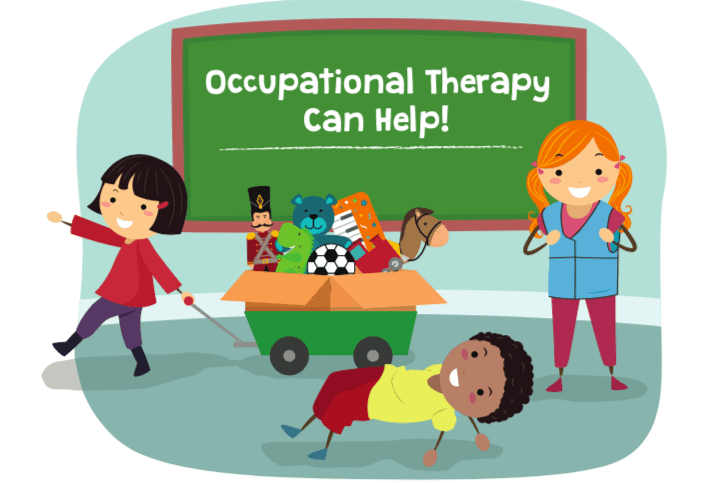Autism Month: Different People, Different Stories
To honor April, recognized as Autism Awareness and Acceptance Month, we are going to share several contrasting stories about autism. Our intention is to offer different glimpses or takes on what autism is and what it means to have autism. Our message in this blog series is simple: Autism: Not all bad, not all good.
Having an autistic child wrecks your life: A Friend's Perspective
A woman wrote into the Daily Mail, a British newspaper. She titled her letter "Why can't we face the truth: Having an autistic child wrecks your life."
If you are accustomed to reading feel-good stories and politically correct puff pieces, this may be offense. We decided to share it here because it is real. It is an honest observation that is probably shared by many a friend or neighbor who have watched a family wrestle with autism.
"Thanks to a moment of everyday terror, I think I knew before anyone else. My friend's two-year-old had climbed upon a chair from which, with customary toddler clumsiness, he fell.
Like all children, he managed a second of stunned silence - then howled like a banshee. Like all adults, I rushed to pick him up, to cuddle, to soothe.
What was unexpected was his response: visibly fearful of my touch, he kicked my belly, disengaged himself and ran away
I added that to the list I was already mentally composing: no eye contact, ever. Not even with his mum. No shred of attachment to toys, pets, people. Obsessive, repetitive behavior. Crazed by the sight of other children. Hmm.
By his fourth birthday, still with nappies, but without speech, everyone else knew, too.
Tom was - I mean is, and always will be - autistic. I've been thinking a lot about Tom, who's now seven, as the debate rages over the possibility of a prenatal test for autism, with abortion then optional.
And, so far, most of the argument leans towards such a test being undesirable and unethical.
Brave and devoted mothers - notably Charlotte Moore, whose book, George And Sam, about her two autistic sons, is immensely powerful - have clung to the positives brought into their lives by their children.
Backing the emphasis on the positive have been those who point to the frequently high intelligence of the autistic savant, as if we are talking about phalanxes of Mozarts and Einsteins.
How much poorer we would be without, say, the astonishing brain of Dustin Hoffman's Rain Man!
Who would or could babysit this child?
Well, maybe. But not as poor as Tom's family: three generations of lives - I include his own - wrecked, for ever, by his cussed condition.
His parents, let us call them Cathy and John, bear the brunt. Immediately after diagnosis, she beat herself senseless with blame; so many theories, each making it her fault.
Should she have allowed her son to have had the MMR jab? Was it, as some said, a behavioral disturbance caused by 'bad' parenting?
Once, she even convinced herself (from something she'd read) that it was mercury poisoning from eating tuna during her pregnancy.
Theories, however, were soon to defer to practicalities. They strove for a normal life: simple things, such as going shopping together.
But with the best will in the world, how many shops - or, indeed, how many customers - are going to tolerate a child who screams, bites, defecates and destroys everything within reach?
Besides, dangers lurk. Last time I bumped into them in a supermarket car park, Tom was bawling hysterically. Why? Because he had seen a bird. So, mostly, Cathy and John stay at home.
Both their careers are over - not, as for many with small children, on hold for a few years. Each knows that neither will work full-time again.
There have been attempts with special schools, but none succeeded. Sanity is preserved by each parent having a hobby (fishing and tennis), so one babysits while the other takes a break.
They rarely go out together, for who else - other than one plucky grandmother - would, or even could, babysit this child?
Worst of all, the other babies, of whom Cathy and John had dreamed, have been ruled out.
First, because they simply do not have the time to give to another child. And second - I admire them for thinking of this - they do not feel it would be fair to raise a child already programmed to be guilt-tripped, whether by itself or by others, into taking on the role of carer when Cathy and John are no longer capable. Or dead.
This, then, is their life sentence: to worry, every hour of every day, what will happen to Tom when they are gone.
Meanwhile, Cathy's parents - both exceptionally youthful at 60 - have had their own plans turn to dust.
They had looked forward to more time together in retirement; in fact, they have less.
Granny Helen spends all the time she can, maybe more than is good for her, trying to help out: a little childcare here, a spot of shopping there.
The carefully saved nest egg, intended for the small luxuries that make ageing more enjoyable, is rapidly depleting.
With Cathy and John unable to hold down proper employment, it is Helen who chips in for the unexpected bill, the car repair or the TV license.
Tom had ripped out a handful of her hair
And, please, don't ask about state benefits for carers: these are so meager that if it were not for Helen, Cathy could not even afford the mobile phone she must have with her every time she steps outside her front door.
The trouble is that Grandpa Bill is not quite as happy as Granny Helen for their money to be spent this way - so there are new tensions there, at a time in life when they need them least.
Yet of the three generations, it is Tom who suffers most. And he's getting worse. As Helen said, only last week: 'We used to have a little autistic boy who was often happy. Now we have one who never is.'
All three generations set off in a bold attempt at a holiday over Christmas. Not a resort, bustling with strangers; quite impossible. But a rented house, just the five of them, to let Tom feel the warm sun on his face. Well, it was a nice thought.
I phoned with New Year good wishes. Helen answered, in tears. Her head hurt, she said; Tom had ripped out a handful of her hair by the roots. Bit her, too. But I couldn't hear what she was saying for the insistent shrieking in the background.
Waaah! Waaah! Waaah! Goodness, I said. How long has he been doing that? Since they left home, two weeks earlier: through the airport, on the plane and 18 solid hours a day.
They had to have him sedated just to get him home again, which Cathy hates doing. So that's it for holidays, breaks, respites or breathers. Again, for ever.
Autistic children are not all the same
And the question they are starting to ask is too terrifying for words. If this amazingly beautiful child (they often are), possessed by misery and rage that no amount of expertise has relieved, is this destructive and violent at seven, then how much worse will he be at 17, when he's that much stronger?
Last year, I gave them Charlotte Moore's book, thinking, foolishly, that it might afford comfort.
It actually meant nothing; they simply could not see Tom in George and Sam. Autistic children, like any other children, presumably reserve the right not all to be the same.
But if there's a chance of a Tom, and a chance of a test to indicate his condition, then - with the obvious proviso that it never be mandatory - I would urge its opponents to think less of Mozart and Einstein and more of otherwise everyday people: Cathy, John, Helen, Bill. And Tom.
I would not be impertinent enough to ask Cathy if she wishes she'd had such a chance.
In any case, that is a difficult question after the event: it is hard for a mother retrospectively to wish away a living child who, come what may, she loves.
But looking on, as a relatively dispassionate observer; looking at the damage done, the absence of hope and the anguish of the poor child himself, do I think that everyone concerned would have been better off if Tom's had been a life unlived?
Unequivocally, yes."
Here's a link to the original newspaper posting:





